Back in high school, you probably experienced those moments when you were instructed to lead the group, or during student or classroom elections, people recognized your potential and encouraged you to run for president. While you felt good about the praises, there was that creeping fear that led you to say, “Bakit ako? Si… na lang, mas magaling siya sa akin,” “Hala, wag ako, ‘di naman ako magaling diyan,” or “Iba na lang piliin niyo.”
Fast forward to the workplace, a similar scenario may unfold. Perhaps you find yourself in a team project, and your colleagues nominate you to lead the presentation. The immediate response might be, “Why me? Maybe John should do it; he’s more articulate than I am,” or “I’m not that good at public speaking; someone else would be a better choice.”
Ironically, while people strive to achieve success, there are instances where, when success is knocking at our doorstep, we begin to hide and question ourselves, leading us into a cycle of self-doubt and self-criticism. This tendency to underestimate our abilities can hinder professional growth and limit the positive impact we can make in the workplace. It’s crucial to recognize and overcome these self-imposed limitations to fully embrace the opportunities for success that come our way.
Understanding Jonah Complex
The familiar biblical tale of Jonah, who fled from God due to the fear that he might not be the most suitable person to preach about Him, is the origin of this concept. Individuals afflicted with the Jonah Complex often fail to realize their potential because they are too apprehensive about shouldering the responsibilities and expectations that accompany success.
Psychologist Abraham Maslow has outlined several reasons why people develop this particular complex:
Fear of Discovery
You fear that others might uncover your limitations.
Feeling Overwhelmed by Success
Success seems overpowering, making it difficult for you to embrace it.
Attributing Success to Luck
You believe success is more a result of luck than your inherent ability.
Fear of Added Responsibility
The prospect of increased responsibilities makes you uneasy.
Apprehension of Negative Consequences
You are afraid of the adverse repercussions that accompany success.
Understanding and overcoming the Jonah Complex requires addressing these fears and misconceptions. By acknowledging and challenging these negative thoughts, individuals can gradually shift their mindset, fostering a healthier relationship with success and realizing their full potential.
Breaking Free from Jonah Complex
Climbing to the top and grabbing success by the horns? It’s a thrilling journey, but let’s be real – it can also be a bit scary. The big question is, are you going to let those fears slam the brakes on your potential greatness? So, here are a few friendly tips to help you cozy up to success and make it your own.
1. Acknowledge and Understand the Fear
Recognize that you feel afraid of success. After bringing those emotions to awareness understand where is the fear coming from. Is it for the responsibilities, is it due to personal experiences is it because you are not skilled enough? Identifying the root cause of the fear is essential for effective resolution.
2. Cultivate a Growth Mindset
Nurture a mindset focused on growth and learning rather than fixed abilities. When your mind tells you that you’re not good enough or not the right person for a position, challenge those thoughts. See failures and setbacks as opportunities for personal development.
3. Practice Self Compassion and Positive Affirmation
Overcome the fear of success by practicing self-compassion. Replace negative self-talk with positive affirmations to enhance self-esteem and reduce fear. When you become kinder to yourself it increases your confidence giving you the power to pursue your goal.
Take the first step towards success build your supportive circle and seek expert guidance through our community forum and a therapy session with your chosen psychologist. Simply download the Mind You app or visit www.mindyou.com.ph/public to learn more.





